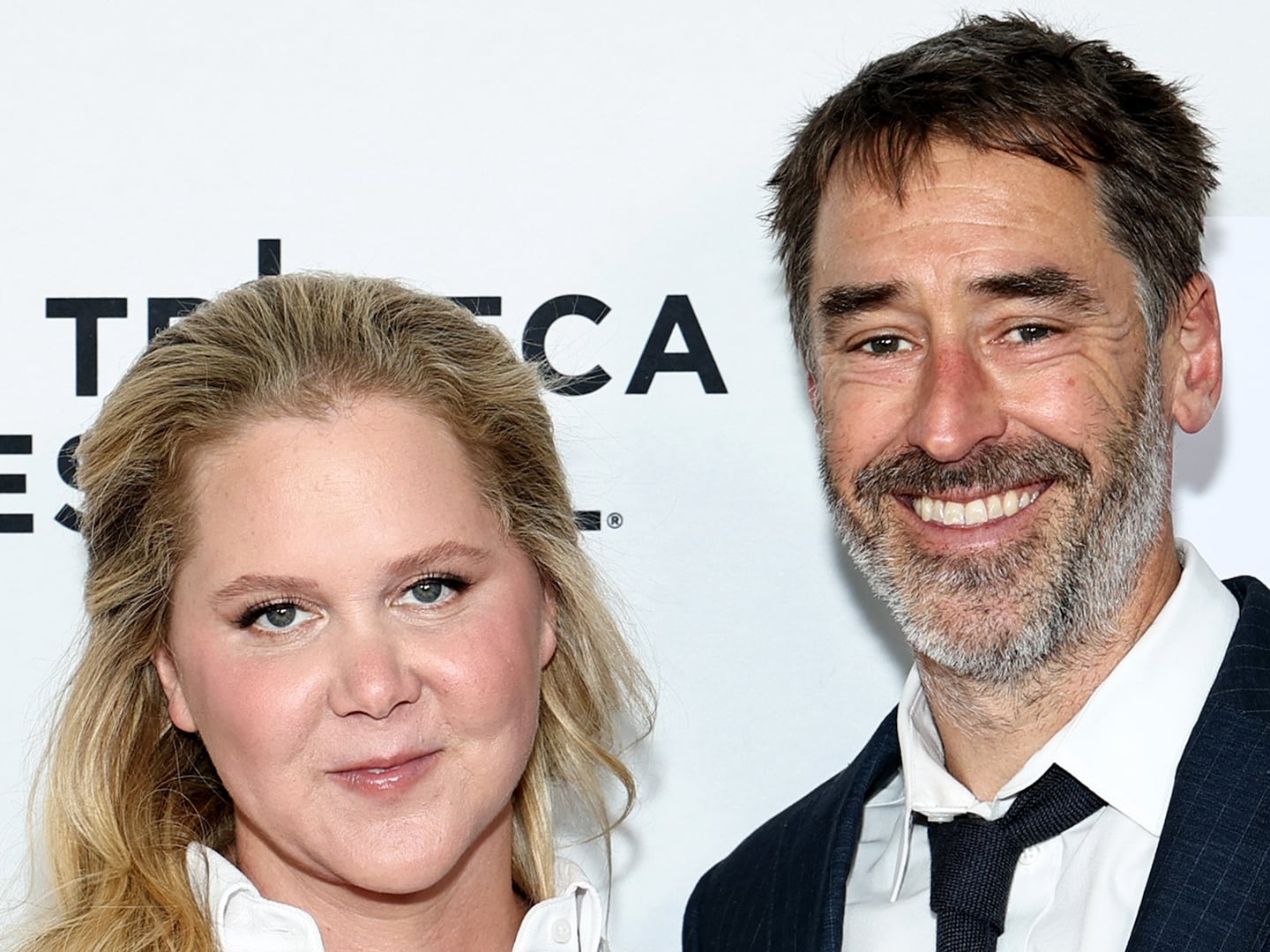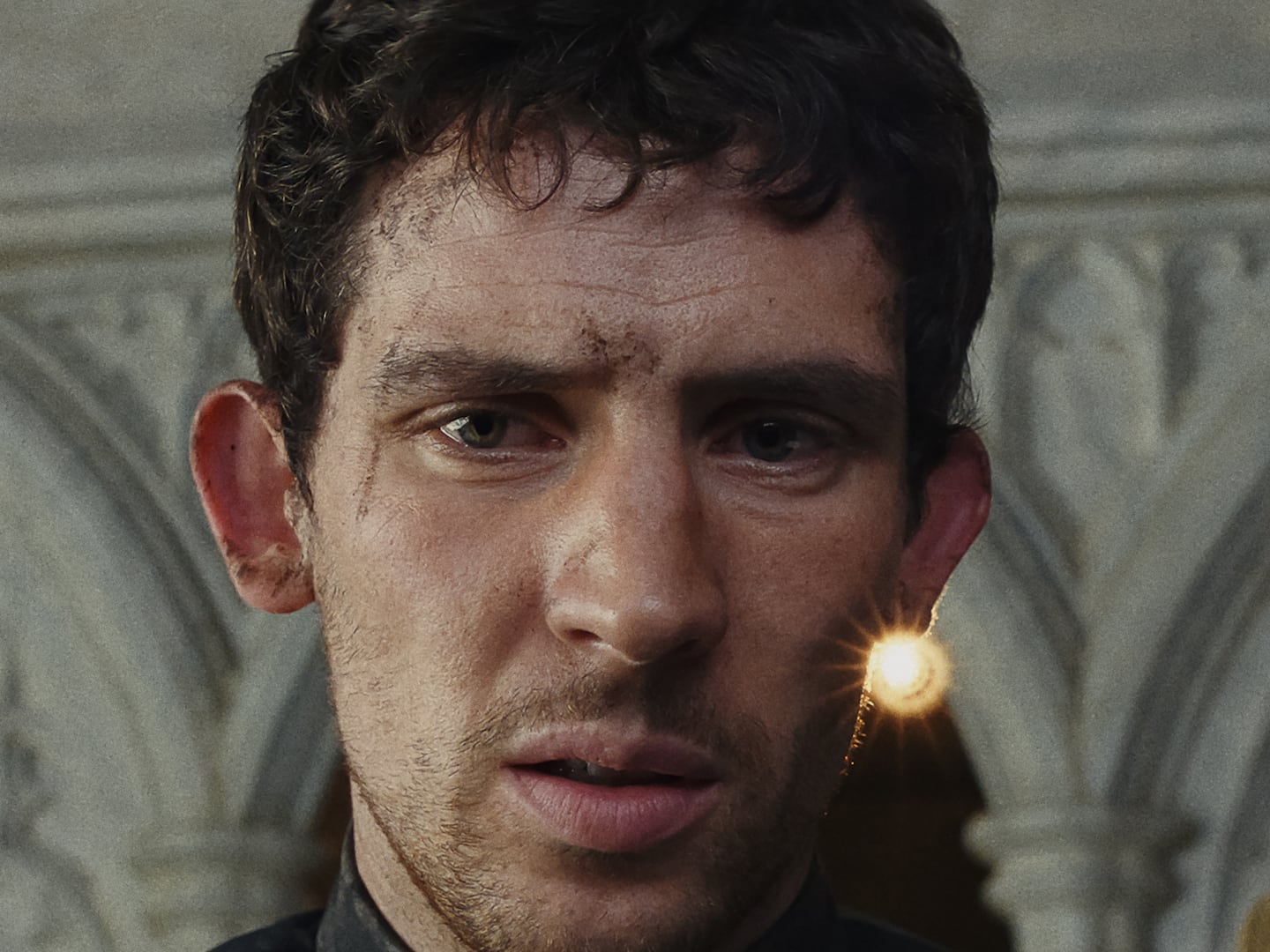You can’t reduce a genius like Brian Wilson down to a singular accomplishment. But it is worth noting how many of us, immediately after learning of his passing Wednesday at age 82, went to YouTube, Spotify, Amazon Music, or, dare I even say, our record players, and put on “God Only Knows.”
The singer and songwriter, behind some of the Beach Boys biggest and most influential hits, wrote the indelible love song, from the band’s watershed 1966 album Pet Sounds, when he was just 23.
Paul McCartney once called it the “greatest song ever written,” adding, “It’s one of the few songs that reduces me to tears every time I hear it. It’s really just a love song, but it’s brilliantly done. It shows the genius of Brian.”
And should you question whether there’s consensus on that proclamation, go ahead and type “most beautiful song” in your social media search bar right now, and see the staggering number of results that surface.

“God Only Knows” is a masterpiece of vocal harmonization, and a daring genre experiment: a lilting ballad subverted with innovative instrumentation that manages to be both cacophonous and soothing at the same time—just like, which many of us will come to learn, the experience of falling in love can be.
There’s a spiritual quality to the song, which, Wikipedia tells this pop culture writer with limited musical background, is owed to its borrowing of a “baroque” style of pop music that blends rock and classical arrangements together.

The meticulousness of the vocal arrangement—one cannot put enough exclamation points following the phrase “the harmonies!!!”—layered that into the breezy California stylings of the Beach Boys created a beautiful, ear-catching dissonance. There’s a reason that “God Only Knows” plays in just about every great movie you can think of; there are few greater earworms, and certainly few that are as emotionally profound.
Since the announcement of Wilson’s death, I’ve noticed a slew of odes to “God Only Knows” and the almost unfathomable accomplishment of Wilson writing it at such a young age.
I can’t stop listening to this clip of the isolated vocals at the end of the song.
They are hauntingly romantic, a crystallizing reminder of what the Beach Boys brought to music with their pristine, unparalleled harmonies.
In his book There’s Only This Year, Hanif Abdurraqib wrote about the reasons Wilson has said that he ended “God Only Knows” on a fade out loop of the chorus.
“It creates a sort of infinity spiral,” he wrote. “A world where the song is still going on, always, somewhere. And you, the listener, are still in it, as you were at the time of listening. A dream with no exit.”
“There is a universe, always, where you are joyfully encased in the endless return of chorus, and you might age there, but let’s say you don’t,” he continues. “Let’s say you and the chorus both lock into a type of eternity, a forever of wondering God only knows what I’d be without you, an eternity of praising the fact that you’ll never have to find out.”
It’s a beautiful thought and testament to the song to read at any time…but especially today.
Wilson once said, “Early on, I learned that when I tuned the world out, I was able to tune in a mysterious, God-given music. It was my gift, and it allowed me to interpret and understand emotions I couldn’t articulate.”
God only knows how he did it, but thank God he did.





